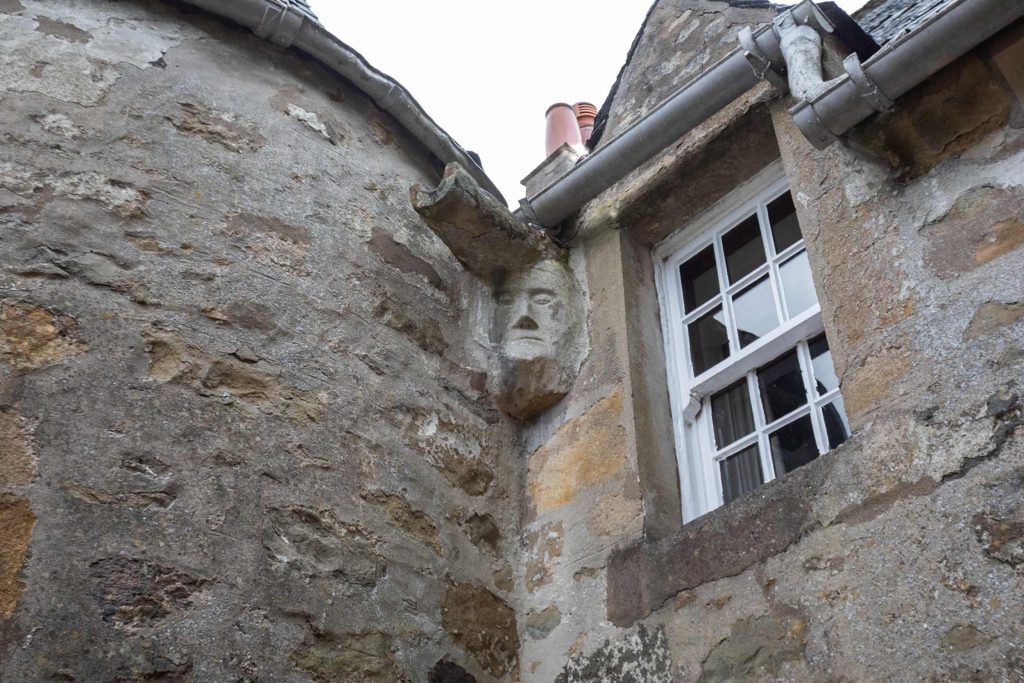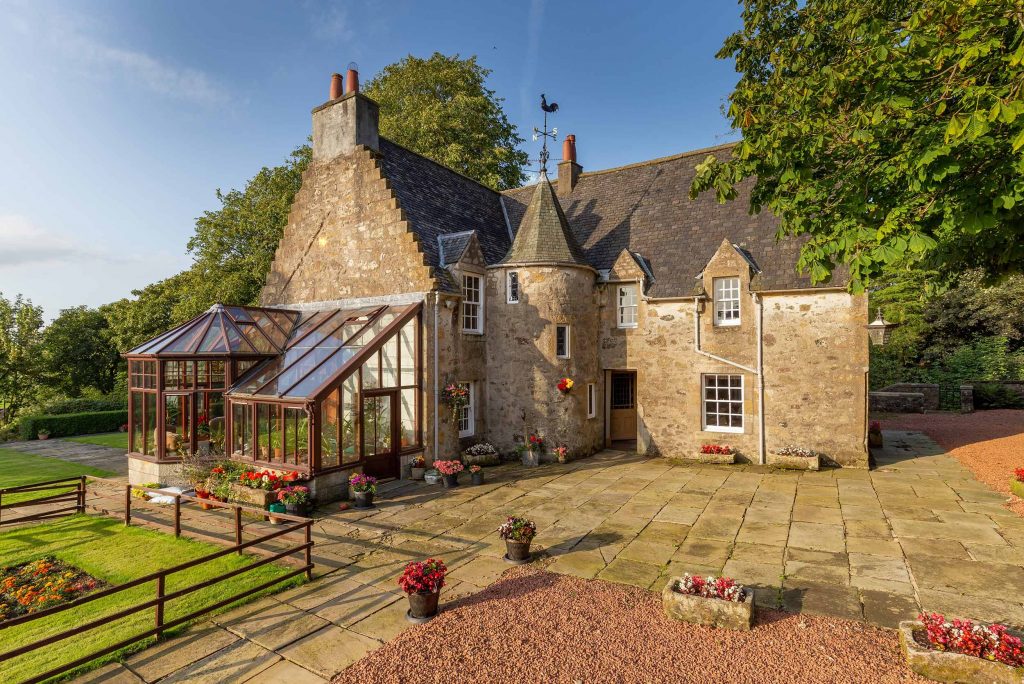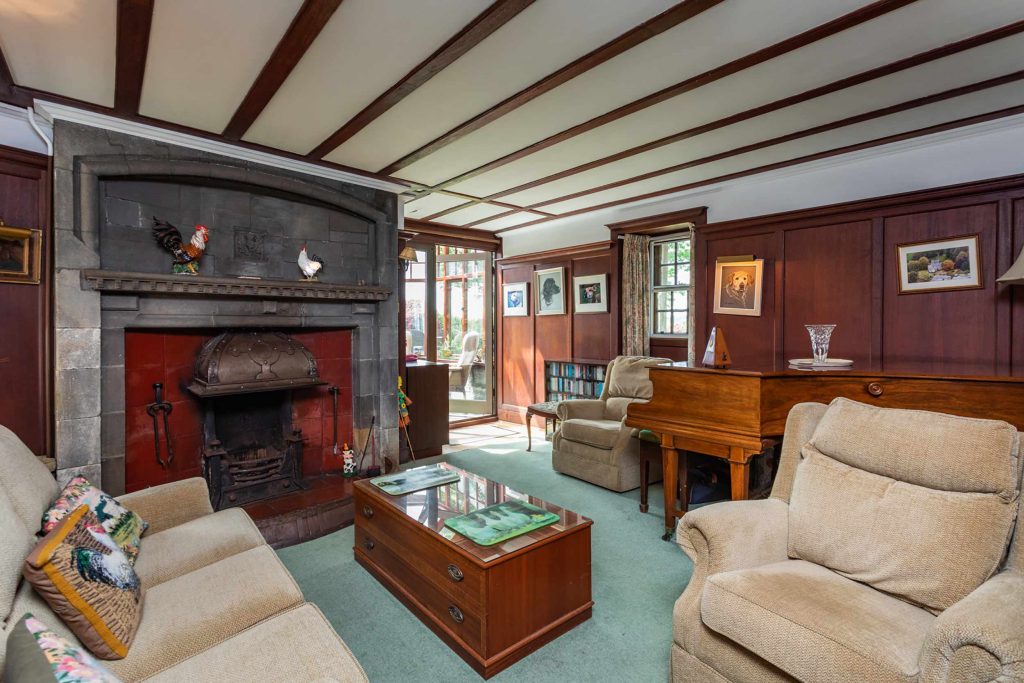ONE of Scotland’s longest continuously inhabited homes that was once owned by the tutor of Scottish Reformation leader John Knox has hit the market for £685,000.
Kirkland, located in Dunlop, East Ayrshire, was once home to John Major – a renowned scholar at the University of St Andrews where Knox is said to have studied.
Knox was a Scottish clergyman, who was the leader of the Protestant Reformation in Scotland and often considered the founder of the Presbyterian denomination.

He is believed to have been inspired by Major’s religious views and referred to him when saying: “Whose work was then held as an oracle on the matters of religion.”
There are many influences of Major visible in Knox’s work including the utter freedom of God, the importance of the Bible and skepticism of earthly authority.
Major lived at Kirkland, a former manse, during the mid 16th century when he was tutoring Knox.
It is believed that during the Reformation an underground tunnel was built between the house and Dunlop Kirk to offer salvage to anyone in danger.
The property still features two death masks which includes one that is said to be cast from the image of Major’s face.
Another unusual feature in the property is an anti-clockwise staircase, indicating that one of the property’s owners was left-handed.
Original features include a grand floor-to-ceiling stone fireplace with iron case designs included, providing a nod to the building’s history.

The grounds extend to about 5.5 acres, including landscaped gardens, paddocks of about 3.85 acres and an area of woodland.
The gardens are stocked with an abundance of trees that have stood proudly on the historic land for hundreds of years.
A 1920’s A-listed Coach House, situated within the grounds, is also included in the sale and offers potential for development.
Estate agents Galbraith have listed the property for offers over £685,000.
Galbraith’s Fiona Fulton said: “The history of this property is wonderful and the fact that it has endured unchanged over the centuries makes it a really special place to live.
“It is also a superb family home, with three attractive reception rooms with period features and spacious family-friendly accommodation including five bedrooms.
“Kirkland’s situation is second to none – in the heart of the conservation village of Dunlop but tucked away amidst beautiful landscaped gardens and extensive grounds. The purchaser will enjoy a wonderful lifestyle in a thriving Ayrshire village.”
Knox, born in 1514 near Haddington, East Lothian, set the tone of the Church of Scotland and shaped the democratic form of government it adopted.

He was influenced by George Wishart, who was burned for heresy in 1546, and the following year Knox became the spokesman for the Reformation in Scotland.
In 1547 he was captured by the French, who attacked St Andrews Castle and was kept as a prisoner for more than a year.
After being released, he travelled to London, where he continued to attack the Roman Catholic faith but left the UK again in 1553 when Mary I became Queen.
He returned back to Scotland and became one of the most well-known preachers in Scotland, with the Scottish Reformation taking place in 1560.
Knox died on 24 November 1572 whilst hearing Bible readings from his friends and wife in Edinburgh.
Knox is credited for helping to write the Scots Confession of Faith – one of the first formal documents of the Church of Scotland.

